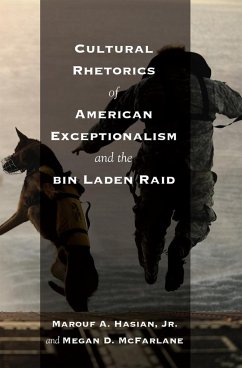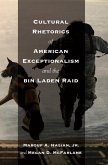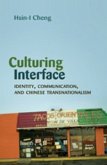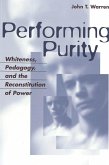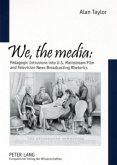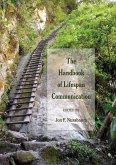The stories that are told about the death of Osama bin Laden are interculturally significant as a reminder of the many culturally contested junctures, fissures, and ruptures that circulate in the «true» stories that are told about Operation Neptune's Spear. This book's critical intercultural approach investigates what U.S. and international audiences were saying about other cultures while they wrote and talked about the bin Laden raid.
The book explains why so many elite and public cultural communities have a vested interest in telling the story of «what happened» during the famous raid. The authors argue that these mediated debates have become inextricably entangled in political, military, cultural, and legal rhetorics of «American exceptionalism», where various U.S. and international audiences defend or attack particular interpretations of the raid and comment on the unique values and characteristics of America's Way of War. This important book gives readers a sense of whatthese exceptionalist rhetorics look like when they circulate in different cultural and military contexts.
The book explains why so many elite and public cultural communities have a vested interest in telling the story of «what happened» during the famous raid. The authors argue that these mediated debates have become inextricably entangled in political, military, cultural, and legal rhetorics of «American exceptionalism», where various U.S. and international audiences defend or attack particular interpretations of the raid and comment on the unique values and characteristics of America's Way of War. This important book gives readers a sense of whatthese exceptionalist rhetorics look like when they circulate in different cultural and military contexts.

